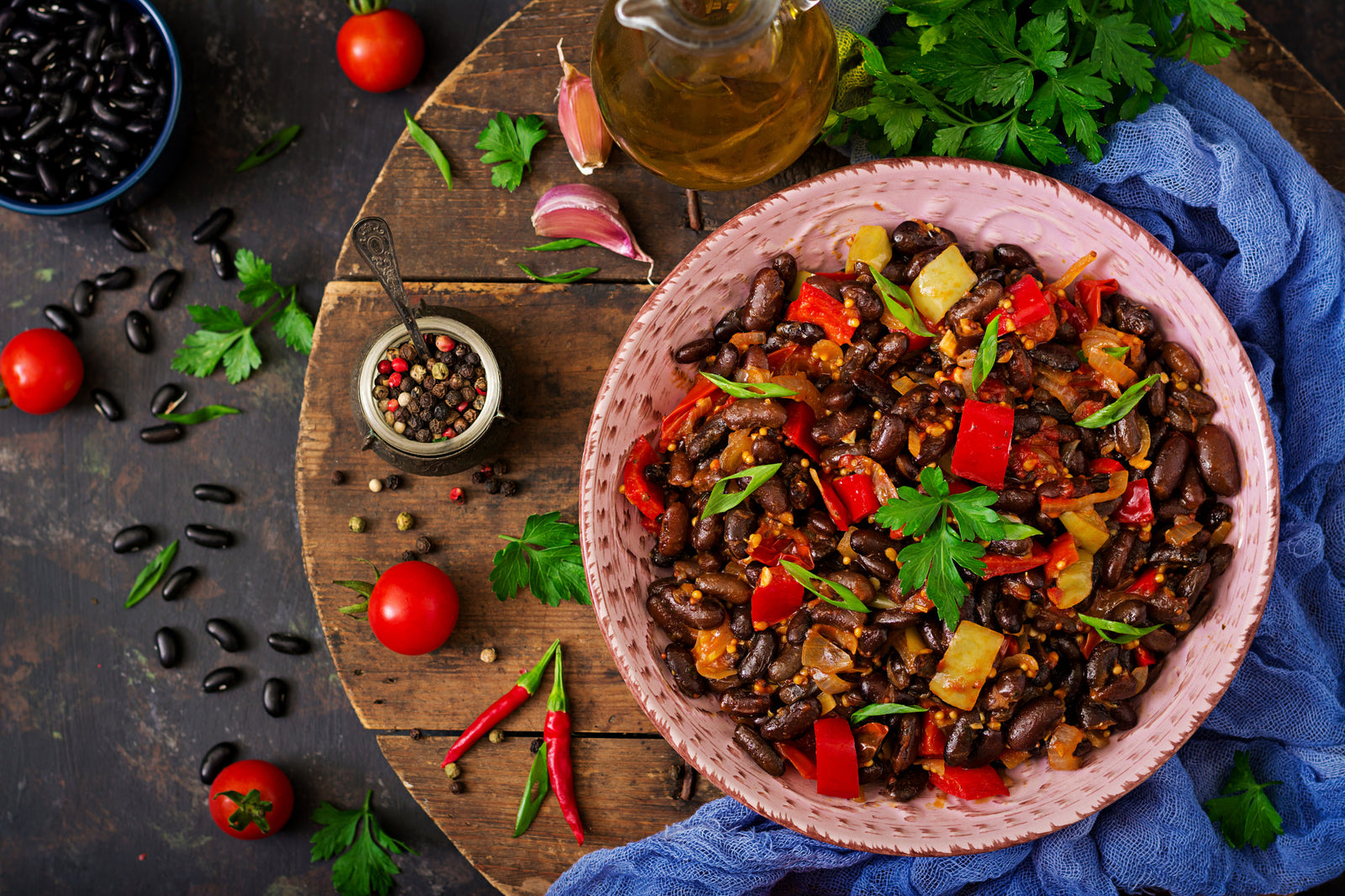
September 20, 2022 2 min read
History & Origin
Hemp originated in Asia and was later cultivated in many other countries. It was used as a source of fiber and food in many countries in Africa and Europe, later making its way over to the Americas.
They used hemp for much more than just food though, it was often made into cloth, paper, netting, oil, or used in building materials. Similar to jute, hemp is a fibrous plant that can be spun into a very strong burlap material used to make rope or fabric. In Central and East Asia, they frequently used hemp in their medicinal practices.
Hemp is not to be confused with the product THC, a psychoactive cannabinoid. Unlike THC, the hemp plant has no effect on a person's mental processes. This also goes for hemp-derived products such as hemp seed oil, hemp seeds (hemp hearts), hemp protein, and hemp milk.

Hemp oil is a popular hemp product made by pressing hemp seeds. Hemp seed oil is often mixed up with CBD oil, but they are two different things. CBD is extracted from the leaves of the hemp plant and hemp oil is extracted from the seeds. Hemp oil is a food-grade oil used in cooking whereas CBD is mainly used to help reduce anxiety and inflammation.
Hemp seeds are harvested from the plants and then processed to remove the hard shell. Hemp seeds have a soft inside that is collected after the de-hulling process. This process is how hemp hearts are removed from the husk.
Hemp hearts is the technical term for hulled hemp seeds, but the two terms can be used synonymously. Shelled hemp seeds are also called hemp nuts, as they are technically a nut.
Hemp protein (or hemp flour) is a byproduct of this process, it is made from leftover shells of the hemp seed. It can be made by grinding the empty seed pods into a fine powder and is an excellent source of protein.
❤ Try our USDA certified Hemp Seeds ❤
Related Blogs:
Thanks for reading this Be Still Farms Blog article. To sign up for more news/articles and/or recipes, click here. For more about us, click here. To shop our certified organic products, click here.
Please comment and share and we look forward to serving you in the future!
Comments will be approved before showing up.

December 11, 2024 3 min read
Discover three quick and easy soup recipes featuring organic small red beans. From a classic vegetable soup to a creamy potato blend, these wholesome recipes are perfect for chilly days and busy weeknights. Packed with flavor and nutrition, these soups will warm your heart and soul this winter!

December 06, 2024 3 min read
This vibrant and nutritious Green Lentil Salad combines tender lentils with grilled chicken, fresh vegetables, and a zesty lemon dressing. Packed with protein, fiber, and essential vitamins, it’s the perfect healthy meal for any time of day.

December 02, 2024 3 min read
Black Turtle Beans are a global culinary star, bringing rich flavor and hearty texture to dishes from Mexico's tacos to Brazil's Feijoada. Their versatility and nutritional value make them a beloved staple in cuisines worldwide. Dive into this exploration of how different cultures celebrate these nutrient-packed legumes, and discover tips for incorporating them into your own kitchen creations.
© 2024 Be Still Farms- Real, Fine Organics.
Privacy | Terms | Refund Policy | Organic Certification
